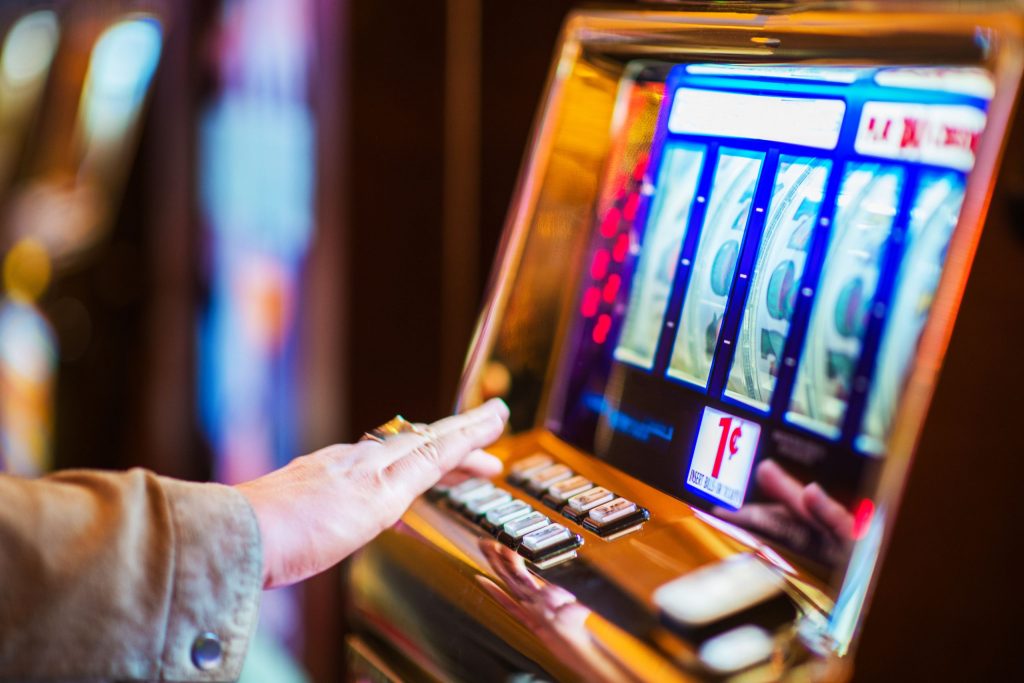For those struggling with gambling addiction, self-exclusion programs both online and offline are very essential tools. These programs let players to consciously stop themselves from engaging in gaming activities, whether on digital platforms or at physical venues like casinos and betting shops, therefore empowering them to take control of their gaming habits. Self-exclusion is a proactive technique for recovery as it offers a disciplined approach to restrict or ban access to gambling, therefore helping people to break out from the negative cycle of addiction. These initiatives provide a road to restore financial stability and mend personal ties for people who acknowledge their problem. Although self-exclusion is not a stand-alone fix, it is highly important in a comprehensive approach to recovery supported by therapy, support groups, and local resources. By means of higher awareness and involvement in self-exclusion programs, people may open the path towards a better and more rewarding life free from the hold of gambling.
What Are Self-Exclusion Programs?
Self-exclusion programs let people freely limit their access to gambling activities, therefore helping them to take control of their addictions. Signing up for a self-exclusion program essentially asks to be barred from using gaming venues and services. This covers everything from classic brick-and-mortar casinos to internet betting platforms and smartphone gaming applications. For people with gambling addiction or trying to control their gaming behavior, this pastime provides a necessary barrier separating oneself from the impulse to gamble.
These programs are easily accessible on many platforms, which helps consumers seek assistance anywhere they would like to bet. Self-exclusion at physical casinos often entails completing a paperwork and getting a ban enforced by the venue personnel. Online providers have to give consumers the ability to self-exclude so they cannot access gambling services after they have opted in. This adaptability lets people customize their self-exclusion experience according on their own requirements and preferences, therefore enabling them to move actively toward better gaming practices. Self-exclusion is a vital tool for encouraging responsible gaming and helping people on their path to control whether in-person or online.

How Self-Exclusion Programs Work
One simple yet effective approach people may take control of their gaming habit is self-exclusion. Usually starting with signing an agreement at a casino or online platform where you ask to be off-limits from gaming activities for a certain time, the approach Your demands will determine whether this spans many months or years. Once your registration is finished, the venue or website will make sure you cannot bet in any capacity during this exclusion time. This is a dedication to put your health above gaming, not just a temporary prohibition.
Excluding from visiting gambling locations or making online bets can limit you. This might act as a barrier separating you from the impulse to gamble. Still, the success of self-exclusion mostly depends on your program attendance. You should stick to your choice and stay away from events that can inspire you to gamble, such as visiting casinos or using gaming applications. Recall that this approach is about acting pro-actively toward a better relationship with gambling; hence, accepting this dedication will help you to bring about good changes in your life.
Benefits of Self-Exclusion Programs
For those suffering with gambling addiction, self-exclusion programs provide a clear road to recover control over their life. Those who choose to abstain from gambling events significantly separate themselves from the need to gamble. This not only breaks the loop of impulsive conduct but also enables people to concentrate on better decisions and restore stability by means of which Signing an exclusion agreement is a strong pledge to their recovery path, therefore strengthening their will to stay away from settings that can cause relapse in gambling.
Furthermore, both mental health and financial stability depend much on self-exclusion. Limiting access to gaming helps people avoid more financial losses and lower the debt-related stress. Greater self-esteem and peace of mind might follow from this fresh control over money. Support groups and therapy programs can enable people to handle the emotional side of their addiction by offering necessary direction and understanding. Self-exclusion not only promotes a better lifestyle but also helps people to regain trust with family and friends by means of an empathetic community, therefore facilitating personal healing. Self-exclusion is thus more than just a tactic; it’s a first step toward a better, more balanced future.
The Role of Casinos and Operators in Supporting Self-Exclusion
Much depends on casinos and gaming operators on supporting self-exclusion programs and allowing individuals to take charge of their gaming activity. Account banning solutions that let users either permanently or temporarily ban themselves from their accounts are one great approach to do this. Simplicity and accessibility of the self-exclusion method will help operators inspire people suffering with gambling addiction to decide to back off. Automated reminders urging users to reevaluate their gaming behavior will help them remain conscious of their decisions and the reasons behind their self-exclusion.
Apart from these instruments, it is important to provide counselors simple access to materials. To provide help right via their platforms, gambling companies might combine with counseling services. This might provide links to helplines, specifics on surrounding support groups, or even online therapy options, therefore enabling people’s quest for treatment. Establishing a nice and motivating environment where players feel safe and understood can help self-exclusion programs to be much more effective. By aggressively supporting these projects, casinos and gaming operators not only assist to safeguard people but also support a better general gaming environment.
Challenges and Improvements Needed in Self-Exclusion Programs
Although self-exclusion programs have good intentions, numerous factors restrict their efficacy. Enforcement is one major obstacle; sometimes, people may discover methods to get around these self-exclusion policies, particularly when playing many venues or casinos. This compromises not just the goal of self-exclusion but also could cause further damage from gaming. Furthermore a barrier might be ignorance about these initiatives. Many people who suffer with gambling problems may not be aware that self-exclusion even exists or could misinterpret how to register in or use these programs.
Better integration across platforms is very essential if self-exclusion initiatives are to be more successful. Should one individual self-exclude from one casino, other gaming companies should ideally acknowledge that choice. This would provide a more coherent support network and make it more difficult for people to gamble elsewhere. Moreover, improving user assistance could be rather important. Providing more immediate customer service, easily available tools, and guided lessons will help people to empower themselves as they negotiate their path towards responsible gaming. By tackling these issues and putting changes into effect, we can create an atmosphere in which self-exclusion really enables people to take control and advances better gaming practices.

Conclusion
For those struggling with gambling addiction, self-exclusion programs are like a lifeline; they provide a proactive way for people to regulate their behavior by freely excluding themselves from gaming locations and internet platforms. These initiatives show that gaming operators are dedicated to helping players in controlling the dangers connected with gambling, thus they help to create a culture of responsible gaming within the sector. These programs strive to reduce damage by thus allowing people to seek the required treatment and evaluate their gambling habit by raising knowledge of problem gambling and combining self-exclusion with thorough support services like counseling and peer aid. Notwithstanding their shortcomings, self-exclusion programs have shown promise in lowering gambling behavior and improving psychological well-being, which stresses the need of constant assessment and development to maximize their efficacy and promote more use in producing a safer gambling environment.




